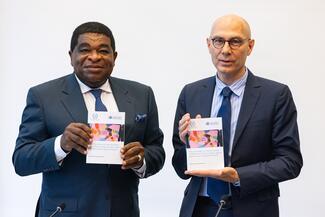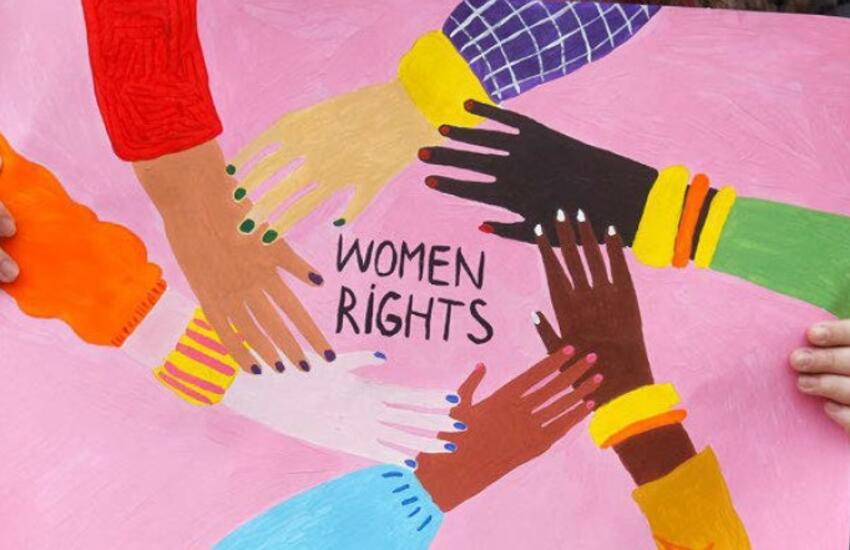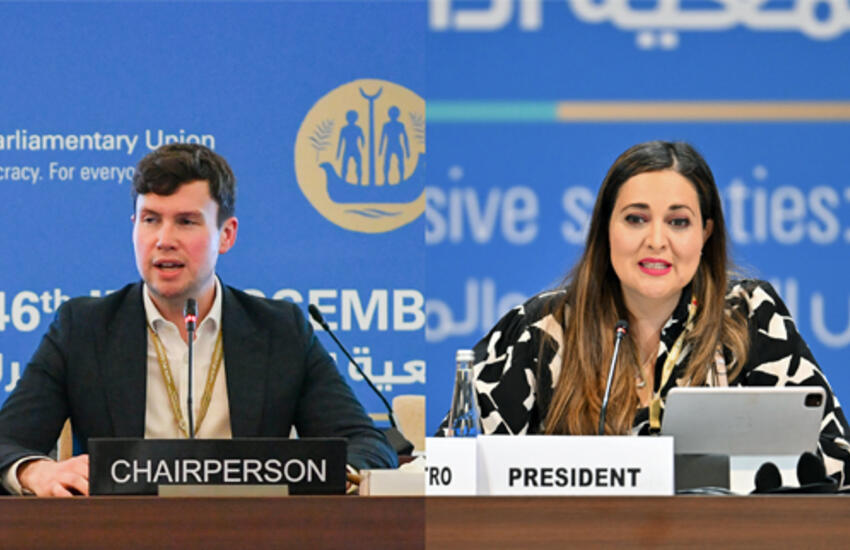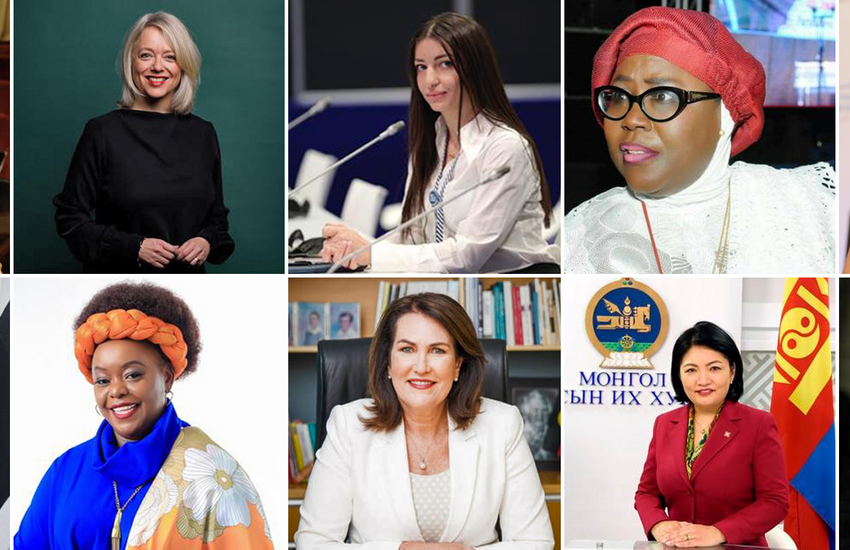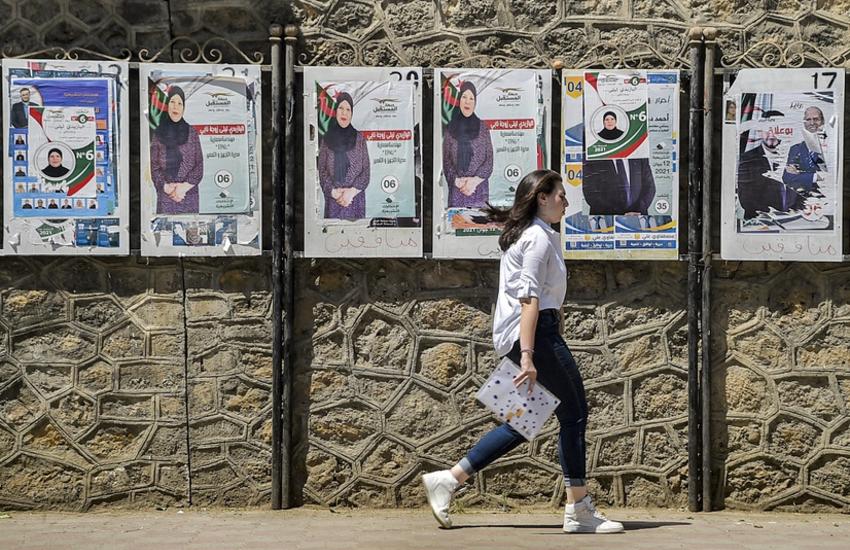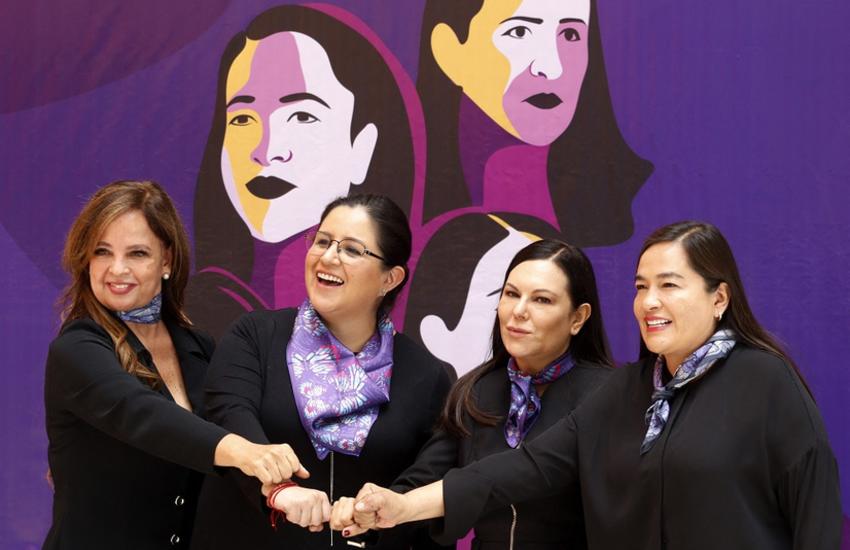In 1979, the United Nations adopted a global treaty to make gender inequality a thing of the past. 189 countries have since ratified the UN Convention on the Elimination of All Forms of Discrimination Against Women (CEDAW).
A Handbook first published in 2003 by the IPU and the United Nations has guided parliamentarians, at the forefront of legislation to reflect CEDAW values, since then.
Despite this, discrimination against women and girls remains a major human rights issue with wide-ranging impacts. And an updated CEDAW Handbook was very much in demand.
- Men are better legally protected than women. Worldwide, women and girls hold just 77% of the legal rights of men and boys.
- The gender pay gap is not closing. Globally, women earn around 37% less than men in similar roles and current predictions suggest achieving parity in economic life could take 286 years.
- One in three women face domestic violence or sexual abuse. One in four say the threat at home has worsened since the pandemic.
- Just over 26% of members of parliament around the world are women. In the Americas, around 35% of MPs are women, but in the Middle East and North Africa region it is just 16%.
Every parliamentarian should care about these statistics and how they reflect a failure to protect more than half of their constituents. However, if an economic case is required, it is estimated that by 2030, global GDP could increase by US$ 764 per capita if discrimination in social institutions was removed.
Likewise, when it comes to violence against women, inaction is expensive. In 2016, violence against women cost global GDP around 2% – equivalent to roughly the size of Canada’s economy.
In addition, gender equality can result in more just, environmentally friendly, and peaceful societies. Governments with gender parity have been found to do better at promoting sustainable development, climate action and peace.
What does CEDAW mean to governments?
The Convention is known as the international bill of women’s human rights as it is the only near-universally ratified legally binding treaty on women’s rights. CEDAW compliant States must acknowledge:
1. The obligation to respect
2. The obligation to protect
3. The obligation to fulfil
Acting on these obligations requires parliamentarians to incorporate CEDAW into new laws and amend and repeal existing discriminatory laws.
MPs should legislate to protect women and girls from violence, intimidation and discrimination – and strive to shift the patriarchal attitudes that underlie this behaviour.
Is CEDAW working?
For countries that have ratified the treaty, CEDAW offers an invaluable framework for opposing discrimination. Its Committee, comprising 23 global experts on women’s rights, monitors implementation, based on States’ reporting. This includes tracking the effects of quotas for women in politics.
For example, Mexico hit a landmark target in 2021 when its lower house, the Chamber of Deputies, reached parity, with a 50% female membership.
Mexico introduced quotas for women candidates in 2003. Quota targets set in the law were initially 30%, increasing to 40% in 2009 before transitioning to full gender parity in 2014. To cut the risk of lip service, Mexico prohibited political parties from fielding women candidates in districts where they had low expectations of success.
The National Electoral Institute of Mexico established rules to ensure parity in campaign financing and outlawed candidacies from known abusers of women. Support hotlines for female candidates were set up and media coverage monitored for gender bias.
Maldives is also cited as a model example for reporting and follow-up. Committing to the CEDAW Convention requires dialogue with the Committee, which offers guidance for implementation as well as a system of accountability.
Involving parliamentarians directly in the reporting process benefits all parties. In November 2021, a State delegation meeting with the Committee included the Chair of the Human Rights and Gender Committee (HRGC) of the Maldives Parliament attending a treaty body review for the first time.
The Chair of the HRGC was asked on numerous occasions to respond directly to the Committee members’ questions and did so, specifically on plans for legislative reform. This interaction clearly delineated what was within the purview of the Government and what was within the purview of the Parliament. She later ensured follow-up to the CEDAW Committee’s recommendations by prompting the adoption of the necessary legislation. This shows the importance of having such a specialized body in parliament engaged in CEDAW reporting.
CEDAW in the future
Will there be a third edition of the Handbook?
A fourth?
The current rate of change suggests the need for such guidance will persist. Cultural shifts take time, but the CEDAW Handbook is a tool for speeding up a transition which could not be more vital or timely.





